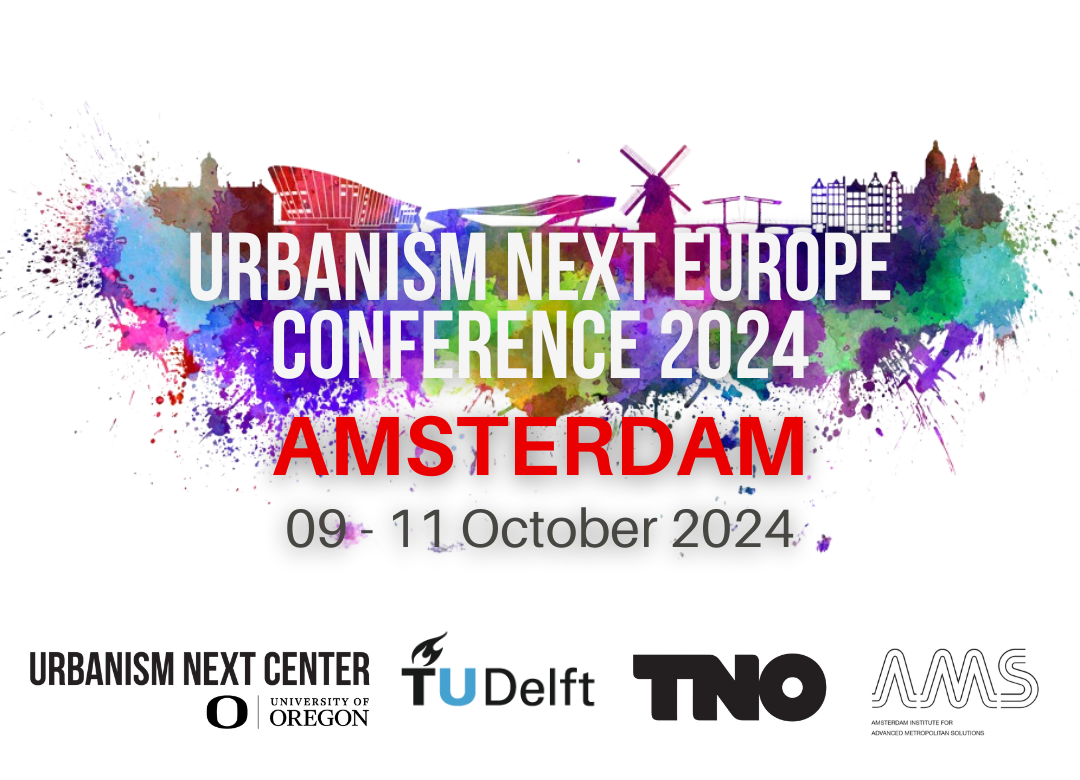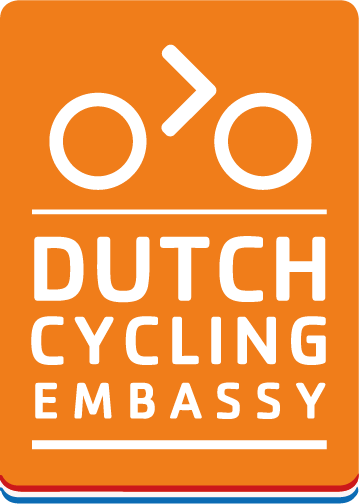
 Go Back
Go Back
How to Keep Cities Accessible and Livable?
Location: Room - Emerald III
Over the past decades, cars became highly attractive modes of transport because of their low perceived marginal cost and high comfort. In many cities, however, the road transport system has reached the limits of what is physically possible in terms of usage of space, and socially desirable in terms of externalities. In this session, the Municipality of Rotterdam, TNO, Arcadis and TU Delft give an overview of interventions that cities worldwide have taken to shift to more sustainable modes, including success and failure factors and expected impacts. The session ends with a plenary discussion on future research and implementation steps.
Presenters

|
Luigi Barraza Cardenas, Urban Planner, Arcadis Luigi Barraza is a passionate urban designer with over six years of experience in the non-profit and private sectors. He has an MSc in Sustainable Urbanism from the Bartlett School of Planning. His areas of expertise include urban design and mobility planning, delivering development, community, and territorial plans through participatory processes, and a specialist in gender-inclusive design. His publications include collaborations in Mexico, Germany, Russia, the Netherlands, and the UK. He joined Arcadis, a global leader in natural and built asset design and consultancy, in 2022 and is currently working on interdisciplinary projects in North and Latin America |

|
Vincent Joanknecht, Gemeente Rotterdam |

|
Tygo Nijsten, MSc, University of Amsterdam and TNO Tygo Nijsten is a PhD student at the University of Amsterdam (UvA) and TNO under the supervision of Jan-Pieter Dorsman (UvA), Michel Mandjes (UL/UvA), Maaike Snelder (TNO/TUD), and Erwin Walraven (TNO). His project is about the optimisation of traffic networks. |

|
Carla Robb, Urban Designer, TNO Carla Robb is an Urban Development Specialist and Senior Project Manager at TNO. With over a decade of experience in urban design and management, Carla has worked extensively in South Africa, specializing in participatory planning and co-design. Now based in the Netherlands, she manages programs like XCARCITY, focusing on sustainable mobility systems, implementing 'Brede Welvaart,' and helping cities reduce their carbon emissions. |

|
MissJyotsna Singh, PhD, TU Delft Jyotsna Singh is a PhD researcher focussing on Integrated Transport Networks. Her research is part of the XCARCITY research program. Jyotsna obtained her MSc. in Transport Infrastructure and Logistics from TU Delft. Her PhD majorly revolves around developing a multimodal multi-objective optimisation model which would provide optimal solutions that would link low car areas with existing transport networks. |

|
Maaike Snelder, Principal scientist, TNO and TU Delft Maaike Snelder is principal scientist at TNO and associate professor at the Department of Transport and Planning, Civil Engineering at the Delft University of Technology. Maaike (co)-leads large research projects in the Netherlands such as SUMMALab and XCARCITY and several other large projects focusing on the design of future mobility systems and the development of next generation traffic and transport models. Maaike completed her PhD research about robust road network design in 2010 (Cum Laude) and completed her study Econometrics in 2003 |

|
Sean van der Lee, MSc, TU Delft Former student TU Delft & TNO. Internship in the effects of measures taken world wide to reduce cars in the city centre. Graduation project about the succes factors and barriers in reducing cars based on the experience of European policy makers. These are used to determine lessons for cities of comparable sizes in the implementation of such measures. |













